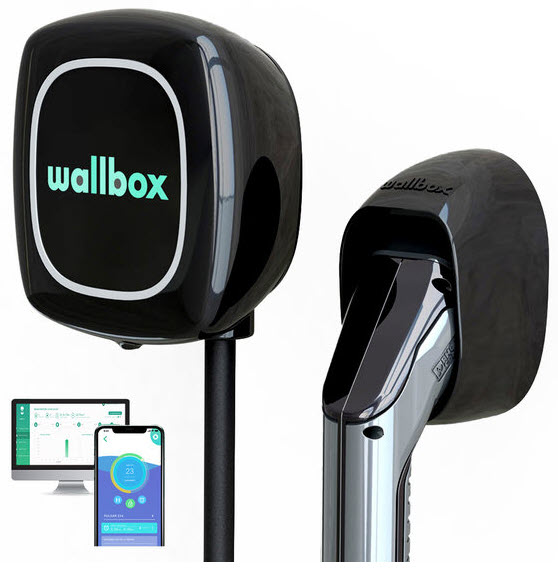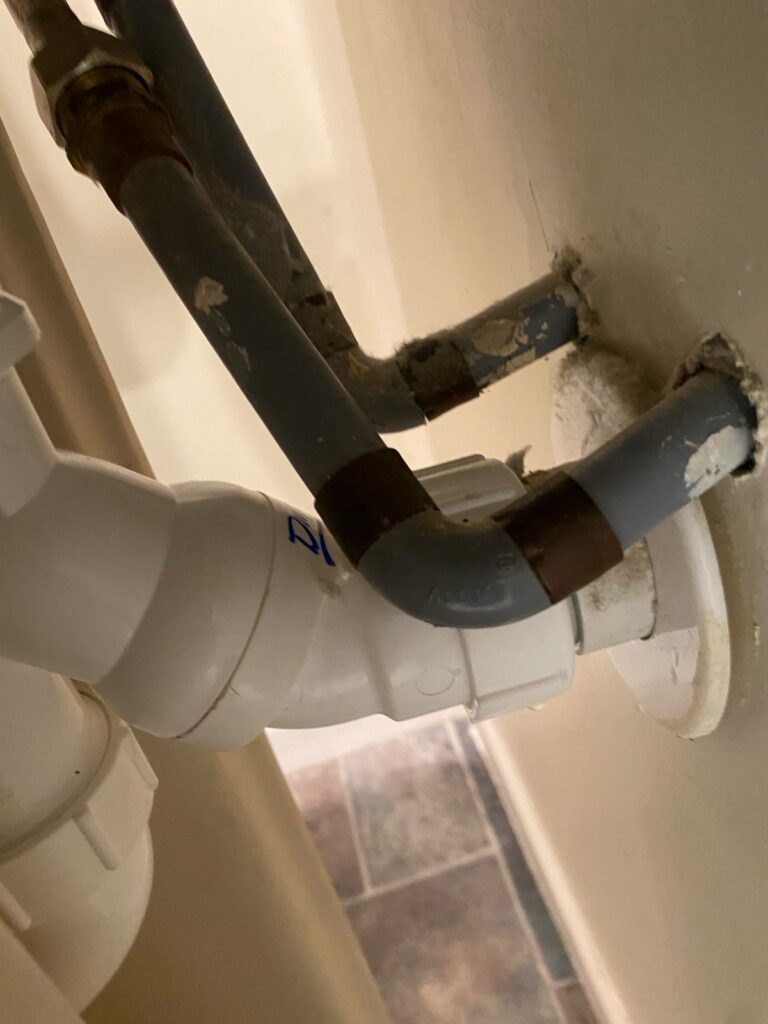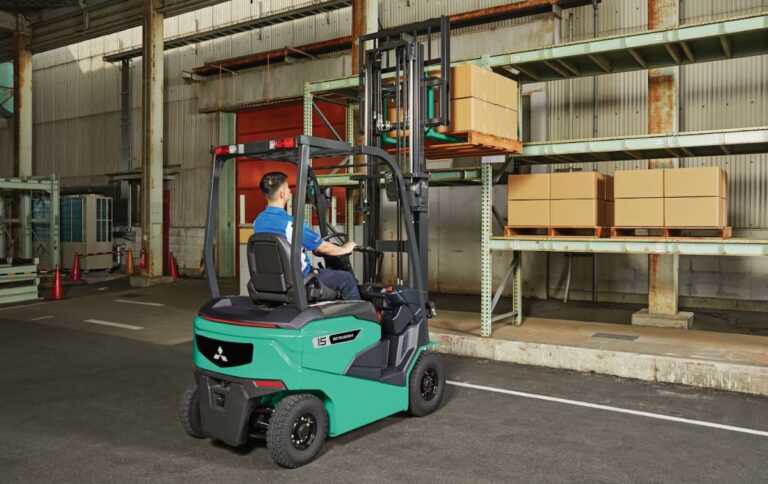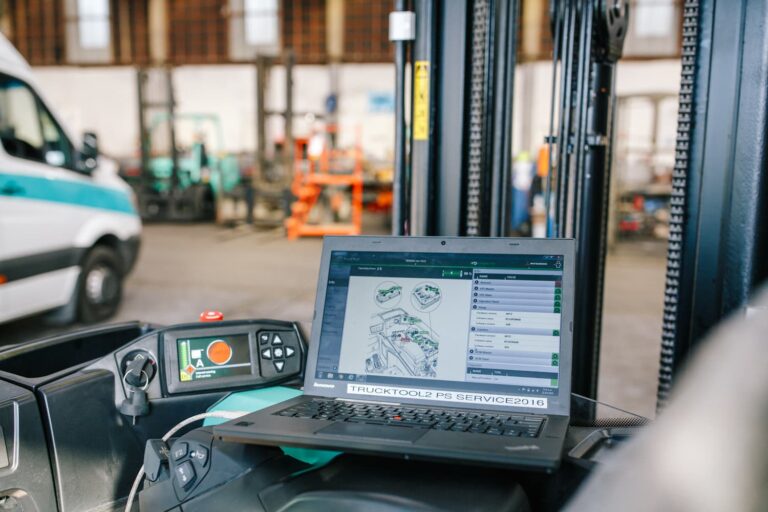Crazy Rush on Electric Vehicles Comes with Two-fold Warnings from Industry
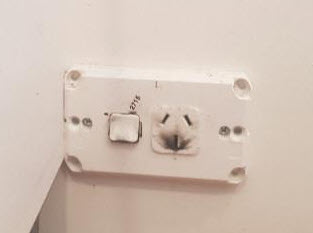
Stuff News have reported that Electric Vehicle (EV) dealers have been swarmed with customers following the announcement of a rebate scheme.
The government revived its Clean Car Discount policy on Sunday, which means people buying new electric vehicles can receive a discount of up to $8625 from July.
EV dealerships in Auckland are witnessing a surge in demand, but are also sounding warnings about limited stock sending prices skyward.
Autolink EV owner Henry Schmidt said there has been a “mad rush” since the subsidy was announced.
“There has been an increase in sales, phone calls, queries, and at the rate we are going we will sell all our stock by the first of July. We have never done [that] before in seven years,” he said.
Potential Lack of EVs Coming into New Zealand
But Schmidt raised concerns around whether a lack of stock, with EV popularity rising around the world, could cause prices to rise.
“We know what we paid for these cars two months ago, we are now paying more. If Australia goes full swing like New Zealand we’ve got a big problem,” he said.
“If the demand really starts to grow here, there’s not enough used EVs to bring in to fill the New Zealand market. There’s not enough stock in Japan.”
According to RNZ, the Motor Industry Association said there were 1641 battery powered electric vehicles registered, compared with only 611 at the same time last year.
Chief executive David Crawford said the introduction of the clean car discount, which started this month, has encouraged buyers.
Although sales of plug-in hybrid vehicles fell slightly, he expected that to change due to the clean car discount.
“I think people delayed those few weeks and when we do the July figures in August I’m expecting to see a jump in EV sales and plug in hybrid electric vehicles,” he said.
EVs are Potentially Dangerous if Charged Incorrectly
Meanwhile, North Shore Electricians, Jenco Electrical, have urged caution with plug-in electric vehicles. According to Jenco, plugging your EV into a standard household power socket can create problems. Jenco say that it is unlikely that the outlet has the necessary safety devices in the event of a fault occurring. The constant load the socket is drawing can cause the power point to burn out.
Jenco urge consumers to follow the following guidelines issued by Worksafe New Zealand:
Quick safety tips for electric vehicle charging:
- Only use electric vehicle charging adaptors supplied by the vehicle manufacturer or by an electric vehicle supply equipment (EVSE) manufacturer.
- Do not use any household adaptor between your EV charger and a socket outlet. For example, a multi-box, double adaptor, extension cord or a travel plug.
- Never use damaged or modified charging equipment. For example, overseas equipment that has been fitted with a New Zealand plug.
- Make sure the charger you are supplied with is NZ compliant. It must also be supplied with an SDOC (Supplier Declaration of Conformity) stating it is safe to use in New Zealand.
- Don’t use any faulty charging equipment, get it checked by the manufacturer.
What do I need to charge an electric car at home?
Apart from the big fast chargers at supermarkets, there are alternatives for charging at home.
For a faster and safer charge get a wall charger with the earth leakage devices installed. It will be fed off a dedicated circuit (normally 32A supply) and fitted with RCD safety protection. This will need to be done by a registered electrician.
Why is an earth leakage device so important?
All new power points require RCD safety protection. These are designed for the 230v AC power to trip in the event of fault happening.
However, with EV chargers, we are not only dealing with AC power, which comes from power outlets. We are also dealing with DC power which comes from batteries like the one in your car. A normal RCD will not trip if there is a fault on the DC side. So DC leakage is required to protect both people and property from electric shock.
This is required by the Electrical Regulations AS/NZ3000.
When this is installed you can enjoy faster charging at 7kw. You can also enjoy peace of mind knowing the wiring and the charging device is safe.
Advantages of Quality Chargers
Depending on the wall charger, they also may have built in some or all of the following features:
- A built-in timer to take advantage of cheap electricity provided by your electricity retailer at different hours of the day.
- Bluetooth or Wi-Fi enabled allowing you to control the wall charger from your phone. It may even tell you how full your batteries are and how much power you are using.
- Power management built in.
There are many more features, dependent on the wall charger, to give the user greater flexibility.
When you have all this set up you will enjoy the knowledge you are paying the equivalent of 30 cents a litre!
Who knows? I suspect EVs will become like power steering and aircon in cars, or heat pumps and home automation in homes – once you’ve experienced it you can’t live without it!
Get your business noticed by creating an online directory listing. Listings are FREE and you can create as many as you need.
- Get found by locals
